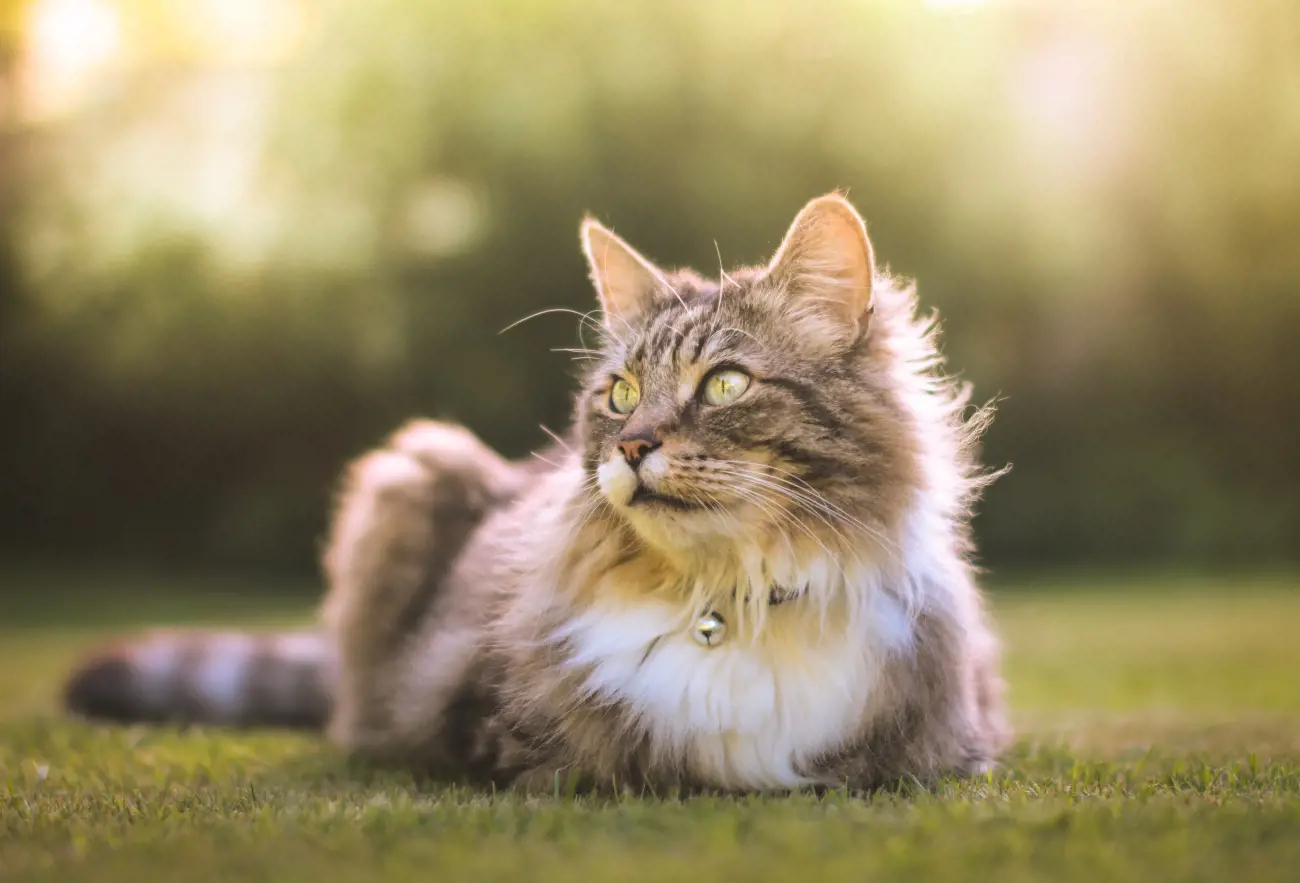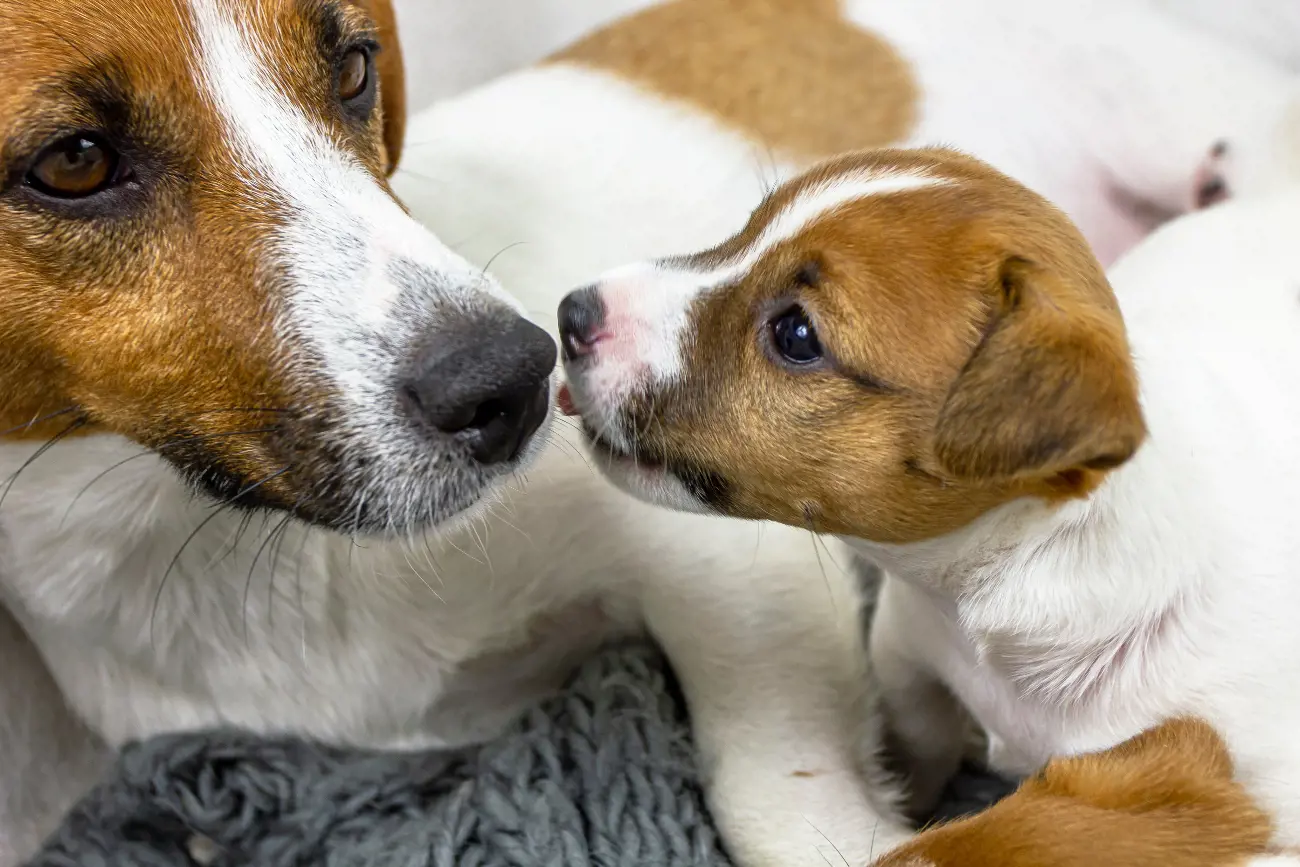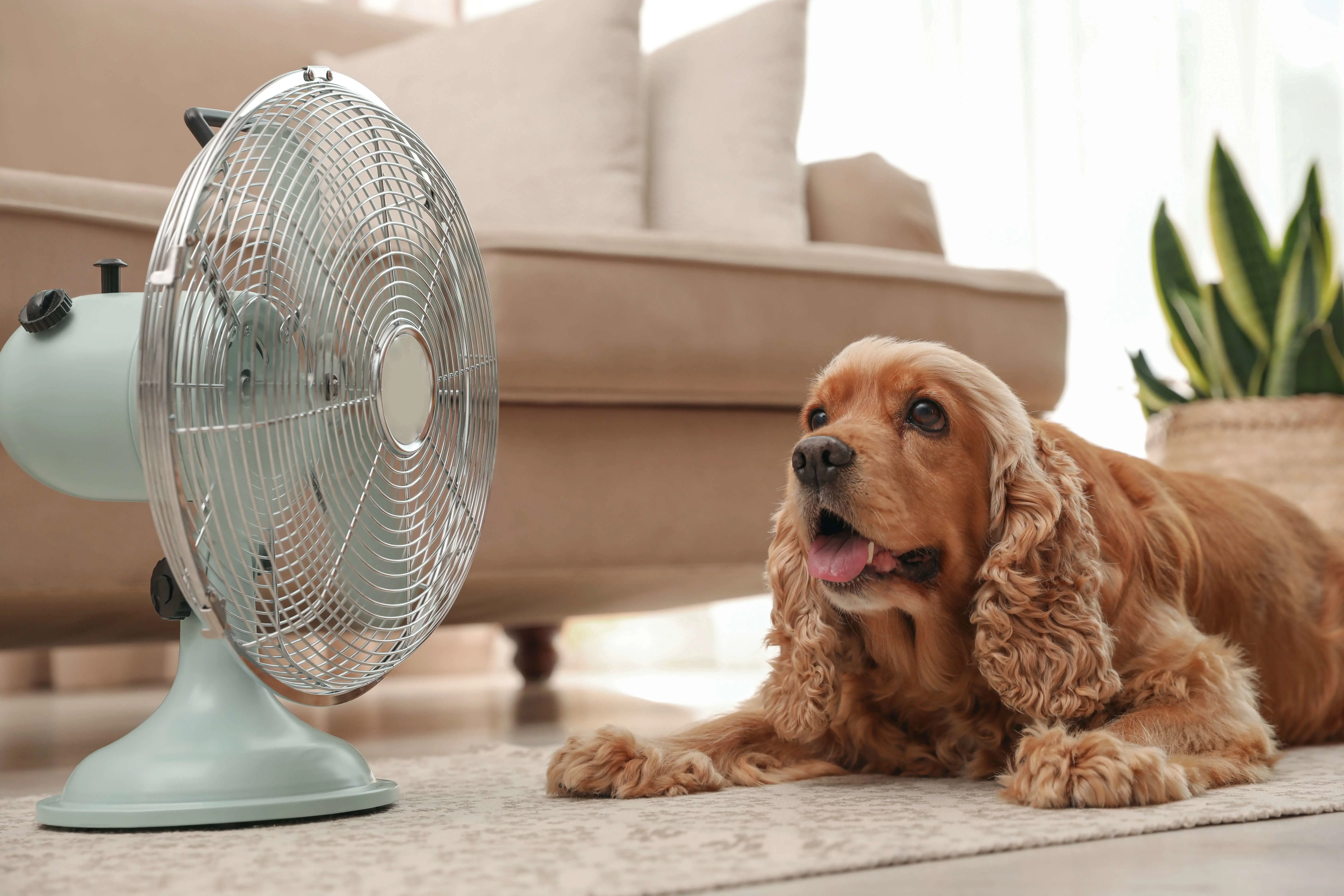Decoding the mystery: Why do cats hiss at each other?
13th December, 2023
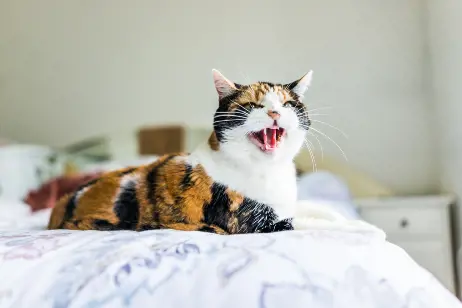
If you've ever wondered about the peculiar, somewhat snake-like sound your feline companion makes when it encounters another cat, you're not alone. Many pet owners find themselves puzzled by the question, "Why do cats hiss at each other, especially when they first meet?"
If you're one of these curious folks, you've come to the right place. We've got a comprehensive guide that delves deep into the enigma of feline hissing, helping you understand why it occurs and what it signifies.
Understanding the feline hiss
Before we dive into the specific circumstances that trigger this unique behaviour, it's important to first grasp what a cat's hiss actually sounds like. Quite similar to a snake's hiss or the cat hissing sound of air escaping from a punctured tire, a cat's hiss is a forceful expulsion of air through its mouth. This action creates a distinctive sound that leaves no doubt about your cat's current state of mind.
Interestingly, the sound of every cat's hiss is as unique as their voice. The hiss can vary in intensity, depending on the situation and the cat's emotional state.
It can range from a silent, open-mouthed hiss, which is more of a visual indication of displeasure, to a full-on spit-like sound, indicating a higher level of distress.
The many reasons behind the hiss
There's more to the feline hiss than meets the eye (or ear). Often perceived as a sign of hostility or animosity, hissing is actually a natural way for cats to express fear, discomfort, or stress.
When your cat hisses, it's communicating an emotional state or a need. Here are the most common reasons why cats hiss at each other.
1. Warnings and defensive tactics
The most prevalent reason behind a cat's hiss is the feeling of being threatened. Cats are instinctively averse to confrontations and prefer to avoid them as much as possible.
Hissing acts as a preemptive warning, signalling potential threats to maintain their distance. It's their way of saying, "Back off, or I might have to resort to aggression."
2. Stress and anxiety
Cats, being creatures of habit, cherish their routine and tranquillity. Situations that disrupt their peace or cause undue noise and activity can stress them out, prompting a hiss. Identifying and minimising these stressors can help mitigate your cat's anxiety and reduce the frequency of hissing.
3. Pain and discomfort
Although less common, physical pain or discomfort can trigger a hissing response in cats. If a cat hisses when you touch them in a specific area or if they hiss in anticipation of pain, it's crucial to seek immediate veterinary help. A sudden increase in hissing can be a sign that your cat is in pain and needs medical attention.
4. Annoyance and displeasure
Cats can be temperamental creatures. If they're not in the mood to be petted or picked up, they may express their annoyance by hissing.
Understandably, being respectful of your cat's boundaries and giving them their space when they show signs of annoyance can help reduce the frequency of hissing.
5. Territorial behaviour
Cats are territorial animals, and the introduction of a new cat to their environment can trigger a hissing response. The hiss, in this case, is a display of dominance, asserting their claim on their territory.
Ensuring that your cat has enough space of their own can help avoid territorial disputes and reduce hissing.
The hiss in different scenarios
Now that we've explored the reasons behind hissing, let's delve into specific scenarios where cats hiss at each other or at humans.
When cats hiss at each other
When two cats meet for the first time, there's a high chance of hissing. This is especially common among unneutered males or between a male and a female cat that are not spayed or neutered. The hissing in such scenarios is a display of dominance or a warning to the potential mate to maintain their distance.
In a multi-cat setting, a mother cat may hiss at other cats to protect her kittens. Even the friendliest cat can become protective and hiss when she has young kittens to look after.
Additionally, cats may hiss at each other when they feel their personal space is being invaded or they're being harassed or bullied.
When cats hiss at humans
If your cat hisses at you, it doesn't necessarily mean your cat dislikes you. It could simply be a reaction to feeling threatened or uncomfortable.
For instance, if you're trying to pick them up when they're not in the mood or if you're trying to groom them or clip their nails, they might hiss to express their displeasure.
In addition, changes in their environment such as rearranged furniture or a new pet can cause cats to hiss. It's also common for cats to hiss at the vet's practice due to the stress and anxiety associated with the unfamiliar environment and handling.
When cats hiss at dogs
Cats hiss as a way to express their fear or discomfort, often when they feel threatened by another animal or human. Dogs, being larger and often more boisterous than cats, can sometimes trigger this reaction.
Dogs are known for their playful nature and curiosity. A dog may approach a cat in a friendly manner, but the cat might perceive it as a threat. This misunderstanding is often the reason why a cat might hiss at a dog.
They're essentially saying, "Back off! You're making me uncomfortable." It's their way of telling the dog to respect their personal space.
Cats also have an acute sense of smell and they use it to identify other animals. If a cat smells a dog, especially if it’s one they're not familiar with, they may hiss as a precautionary measure. It’s a clear warning shot, signalling potential danger and establishing boundaries.
What are the warning signs when introducing cats?
Introducing a new cat into your home can be a thrilling experience, but it can also be one that is fraught with challenges. Recognising the warning signs and the cat's body language, when introducing cats can make the transition smoother and more comfortable for all parties involved.
- Aggression: This can manifest as hissing, growling, or even physical attacks.
- Avoidance or hiding: If your cat or the newcomer spends most of their time hidden away, this could be an indication that they are not comfortable with the situation.
- Excessive grooming: Cats often groom themselves to self-soothe.
- Changes in eating and toileting habits: If your resident cat starts to eat less or has accidents outside their litter box, this could mean they are feeling stressed or threatened.
- Signs of depression: Such as lack of interest in play or interaction.
Understanding these warning signs is crucial to ensuring a successful introduction and peaceful cohabitation. Remember, patience and understanding are key during this process.
What to do when your cat hisses
If you notice your cat hissing frequently, it's essential to understand why this is happening and take steps to address the issue. Here are a few strategies that can help.
1. Create a safe environment
Ensure that your cat has their own space that is a safe and secure environment where they can retreat and calm down. This could include a quiet room, a cosy bed, or cat trees where they can perch and observe their surroundings.
2. Provide plenty of enrichment
Interactive toys, puzzle feeders, and a stimulating environment can help keep your cat engaged and reduce stress. Regular play sessions can also help build a positive relationship between your cat and other pets or family members.
3. Seek veterinary help
If your cat's hissing is accompanied by other signs of pain or discomfort, it's important to seek veterinary help. Your vet can perform a thorough examination and recommend appropriate treatment to help alleviate your cat's discomfort.
Ensuring your cat's well-being
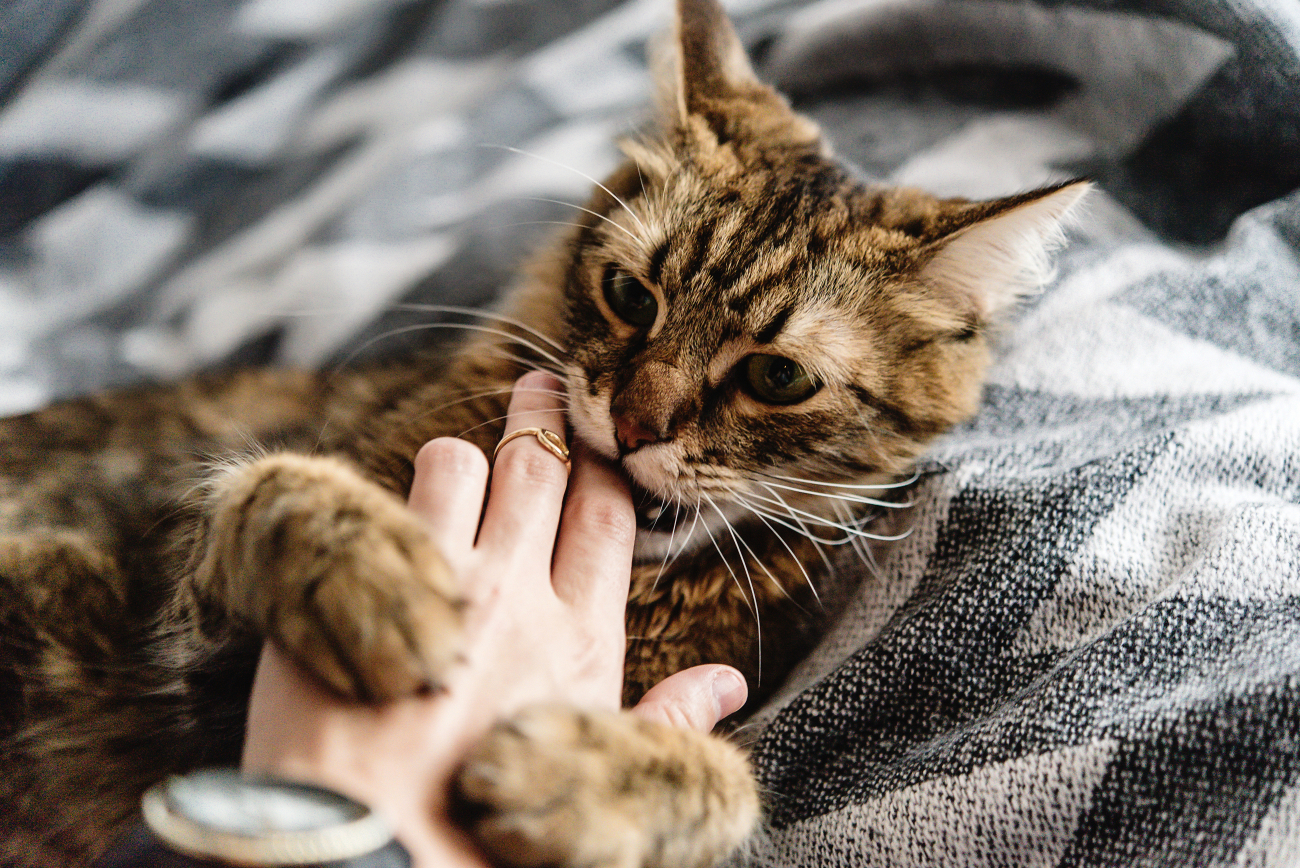
Understanding why your cat hisses at other cats or at you can help you address the underlying issues and ensure your cat's well-being. Remember, hissing is a form of communication, not necessarily a sign of hostility. Paying attention to these signals and responding appropriately can help foster a stronger bond with your feline friend.
And don't forget, our pets are our family, and it's essential to ensure their health and safety. For peace of mind, consider getting a cat insurance quote for your furry friend. You can get a quote through our website. If you would like to talk to one of our cat insurance team, you can get in touch with us on 0330 102 5748.
In conclusion, while hissing may sound alarming, it's just one of the many ways in which our feline companions communicate with us and with each other. By understanding the reasons behind this behaviour, we can better understand our cats and create a harmonious living environment for all.
Helpful Pages
Recent Posts
Pet Insurance Quote
- 98% claims paid *
- Claims paid directly to vets
- 24/7 vet video consultations
- Interest free monthly payments
